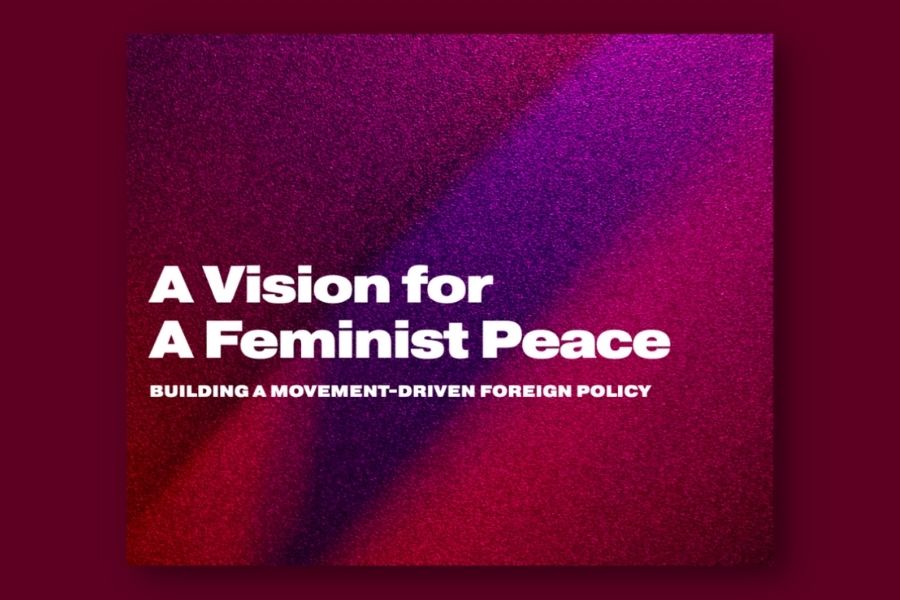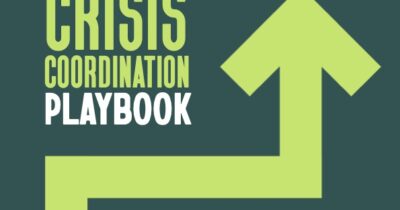Channel grantee partner, Women Cross DMZ (WCDMZ), recently announced a new Feminist Peace Initiative in partnership with Grassroots Global Justice Alliance and MADRE. The Initiative dramatically reimagines US foreign policy by building on intersectional feminist principles such as collective care, reparations, right relationship with people and the planet, and accountability.
As the United States faces “multiple, interrelated crises — widening economic disparity, systemic racism, climate catastrophe, and the coronavirus pandemic,” WCDMZ explains “it’s clearer than ever that we need to fundamentally reorient our priorities to provide true human security.”
With this understanding, the Initiative released A Vision for a Feminist Peace: Building a Movement-Driven Foreign Policy, which aims to “repair relationships with other countries, reimagine a more just diplomacy, and redirect funds from the military’s $732 billion budget” by centering “intersectional feminist principles of collective care, reparations, right relationship with people and the planet, and accountability.”
The report calls “on social movements to break out of their silos and align in action to call out the linkages between US foreign policy and domestic conditions.” The report specifies strategic recommendations which include:
- Defund the military, police, jails, prisons, and detention centers and close the US military’s massive network of roughly 1,000 bases around the world. Stop the privatization of the military, end war profiteering, oppose new nuclear weapons and tests, and repeal policies, such as the Authorization for Use of Military Force (AUMF), which gives a blank check for US military interventions.
- Organize against US military intervention in all its forms, including when it is presented as humanitarianism. Oppose efforts to enlarge the role of the military, even and especially when it is deployed in response to crises in the US and abroad.
- Oppose sanctions and other economically coercive practices to pursue foreign policy goals. Economic sanctions endanger the lives of ordinary people, particularly the most vulnerable. Condemn the use of US aid funding to foreign governments to leverage their cooperation with the United States’ global system of surveillance and military security.







